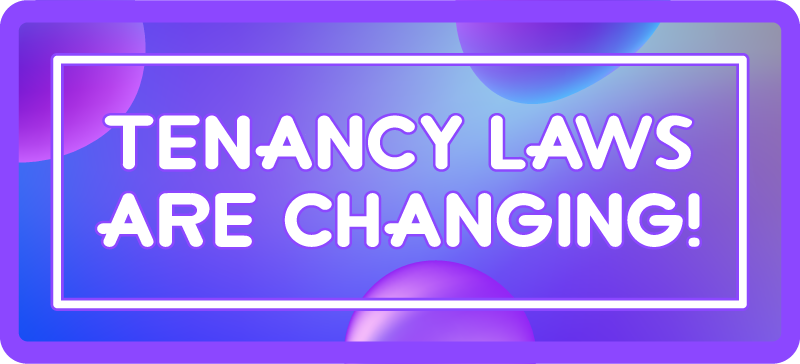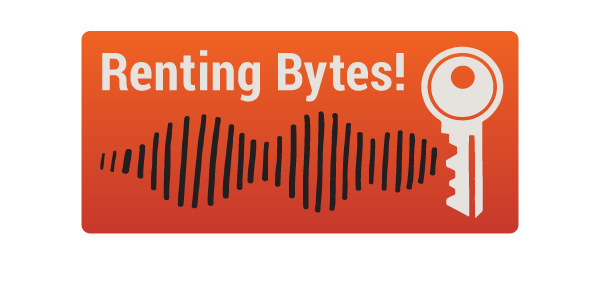Tax reform for affordable housing - not housing speculation
Tax reform for affordable housing - not housing speculation
The problem:
Our tax settings encourage speculation in housing, and make affordability problems worse
The solution:
Reform negative gearing
Reform capital gains tax
Reform State land tax
Housing gets special treatment by our tax system.
Owner-occupied housing is exempt from Federal capital gains tax (so if the owner sells it for more than they paid for it, they pay no tax on the gain) and from State land tax. This encourages people with money to spare to spend – or borrow and spend – it on their own housing.
The special treatment of owner-occupied housing encourages people to borrow and spend to become landlords too. This is because landlords, while not exempt from capital gains tax or land tax, can sell their rental properties in the inflated owner-occupier market.
The tax treatment of rental housing gives even more encouragement to speculation. First, capital gains are taxed at half the rate of tax on income from rent and work. This encourages landlords borrowing and spending (‘gearing’) up big in pursuit of large capital gains. Most landlords do so to the extent that the cost of their borrowing is more than the rent they receive (this is ‘negative gearing’). Secondly, our tax system allows landlords to deduct the costs of negative gearing from their non-rental income – which means landlords can wear larger losses, push their gearing harder, and spend more.
Over the last fifteen years, the amount of money borrowed and spent on housing has increased hugely – but the amount spent on new housing supply has hardly changed. Instead, all this speculative spending has inflated house prices and priced out many would-be owner-occupiers – so they are renting longer. It has also distorted the shape of the rental market, with more high-value, high-rent stock being brought into the rental sector, and low-cost, low-rent properties dropping out and becoming scarcer – and less cheap.
Speculation in housing has frustrated would-be owner-occupiers, and been a disaster for low-income households. We should turn our tax settings against housing speculation, to make housing more affordable, and put money to more productive uses.
At the Federal level, the discount on the rate of capital gains tax should be reduced, and the treatment of negative gearing reformed – preferably by allowing rental losses to be deducted only from rental income and capital gains. Consideration should also be given to making very high-value owner-occupied housing subject to capital gains tax.
At the State level, land tax should be reformed. Land tax has many potential advantages – it discourages speculation in land and housing, encourages productive development, is simple to administer and difficult to avoid, and cannot be passed onto tenants – but our present system does not realize all these advantages, because too much land is excluded from the tax base (in particular, land used for primary place of residence, and primary industry), and the rates structure discourages large-scale institutional ownership. Land tax should be reformed to broaden the base, and restructure the rates so that land tax applies progressively according to value per square metre.
Further reading
- Submission: Buying in NSW, Building a Future March 2021
- Briefing: Tenants' guide to tax reform June 2016
- Policy paper: Land tax reform for affordable housing July 2014
- Submission: Senate Economic References Committee Inquiry into Affordable Housing March 2014
- Blog: Negative gearing is still not your friend May 2019
- Blog: How landlords think, and how it shapes the rental market September 2014
- Blog: Land tax is the fairest tax on earth January 2015
> Back to Tenants' Union policy priorities




